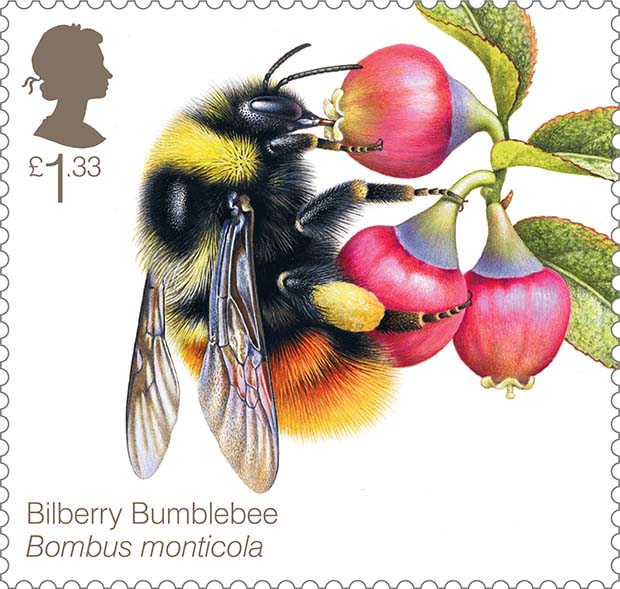Since 2013, a European Union moratorium has restricted the application of three neonicotinoids to crops that attract bees because of the harmful effects they are deemed to have on these insects. Yet researchers have just demonstrated that residues of these insecticides can still be detected in rape nectar from 48% of the plots of studied fields, their concentrations varying greatly over the years.
An assessment of the risk posed to bees, based on health agency models and parameters, has revealed that for two out of five years, at least 12% of the fields were sufficiently contaminated to kill 50% of the bees and bumblebees foraging on them.
Journal Reference:
Dimitry Wintermantel, Jean-François Odoux, Axel Decourtye, Mickaël Henry, Fabrice Allier, Vincent Bretagnolle. Neonicotinoid-induced mortality risk for bees foraging on oilseed rape nectar persists despite EU moratorium. Science of The Total Environment, 2019; 135400 DOI: 10.1016/j.scitotenv.2019.135400
Source: Science Daily, November 27, 2019
https://www.sciencedaily.com/releases/2019/11/191127121340.htm

- Login om te reageren
